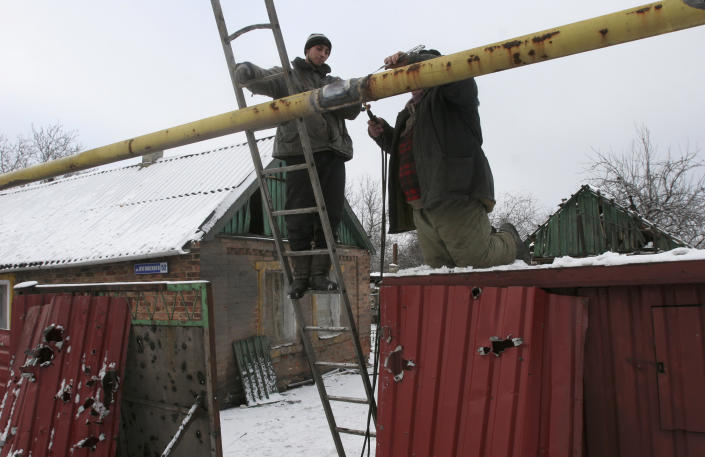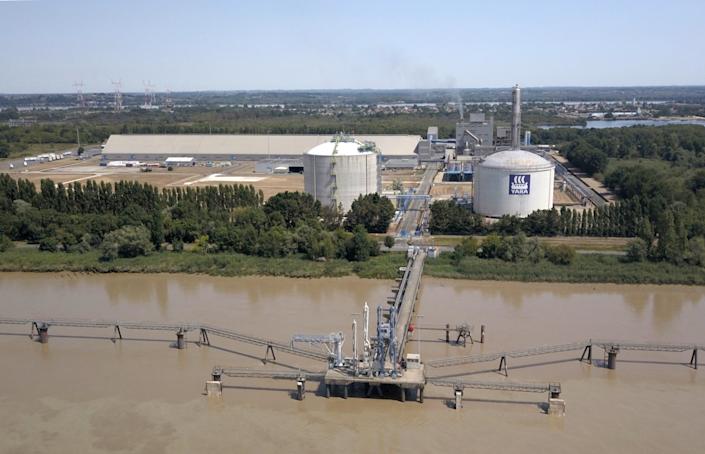Business & Economy
How Russia’s invasion of Ukraine affects ‘everything on the supply chain’: Analyst

Economists and industry experts widely believe supply chain disruptions will continue to affect the U.S. economy as Russia’s invasion against Ukraine sent oil prices surging and suggested an unpredictable course for markets in the short term.
“To run everything on the supply chain — unfortunately, so much of it relies on oil,” Kona Haque, ED&F Man head of research, said on Yahoo Finance Live (video above). “It’s the reason why every time you see oil prices go up by 50%, a U.S. recession typically follows. It’s that impactful. It’s that entrenched in the economy. And obviously the U.S. clearly is very, very energy dependent … It will have a reverberating impact across the supply chain.”
Gas prices skyrocketed over the past month as Western sanctions against Russia bite: The U.S. national average, as of March 11, is $4.33 a gallon. California became the first state to see average gas price tick up to more than $5/gallon with states like Nevada, Hawaii, and Oregon not far behind, according to the latest data from AAA.
High gas prices generally trickle into other parts of the economy: Haque noted that the cost of shipping “is going to go through the roof” because bunker fuel is used so often, and fuel is under pressure right now. Along with bunker fuel are oil and gas, which are considered “hugely important components” for fertilizers that are both currently experiencing shortages since Russia and Ukraine are major exporters of them.
“Basically, the impact that this war is going to have across the global economy is going to happen via the commodity transmission,” Haque said.

‘An inflationary impact’
Shipping companies like FedEx Express (FDX) announced last week they were hiking up their surcharge for many international parcel and freight shipments due to the disruptions among Russia and Ukraine.
Meanwhile in Europe, fertilizer makers, Yara International ASA (YARIY) and Borealis, also cut their output because of surging natural gas prices, adding more pressure for global food inflation.

Last month, two of the top European shippers — Maersk and DSV — warned that freight costs would likely remain high into the year, offering no relief to customers who are also feeling the pinch at the pump and the grocery store.
“This whole supply chain is obviously going to have an inflationary impact within the U.S. economy, but globally, oh my gosh,” Haque said.

